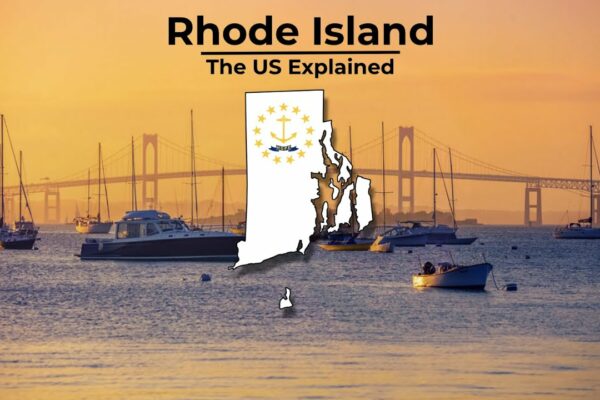
Who founded the colony at Rhode Island?
The colony of Rhode Island was founded by Roger Williams, an English theologian, in 1636. Seeking religious freedom, Williams established a settlement in present-day Providence, fostering principles of liberty and separation of church and state. His progressive ideals attracted a diverse group of settlers, making Rhode Island a haven for those persecuted for their beliefs. Williams’ legacy endures, as Rhode Island became a model for religious tolerance and individual rights in colonial America.



